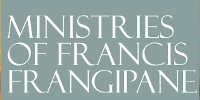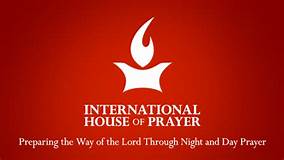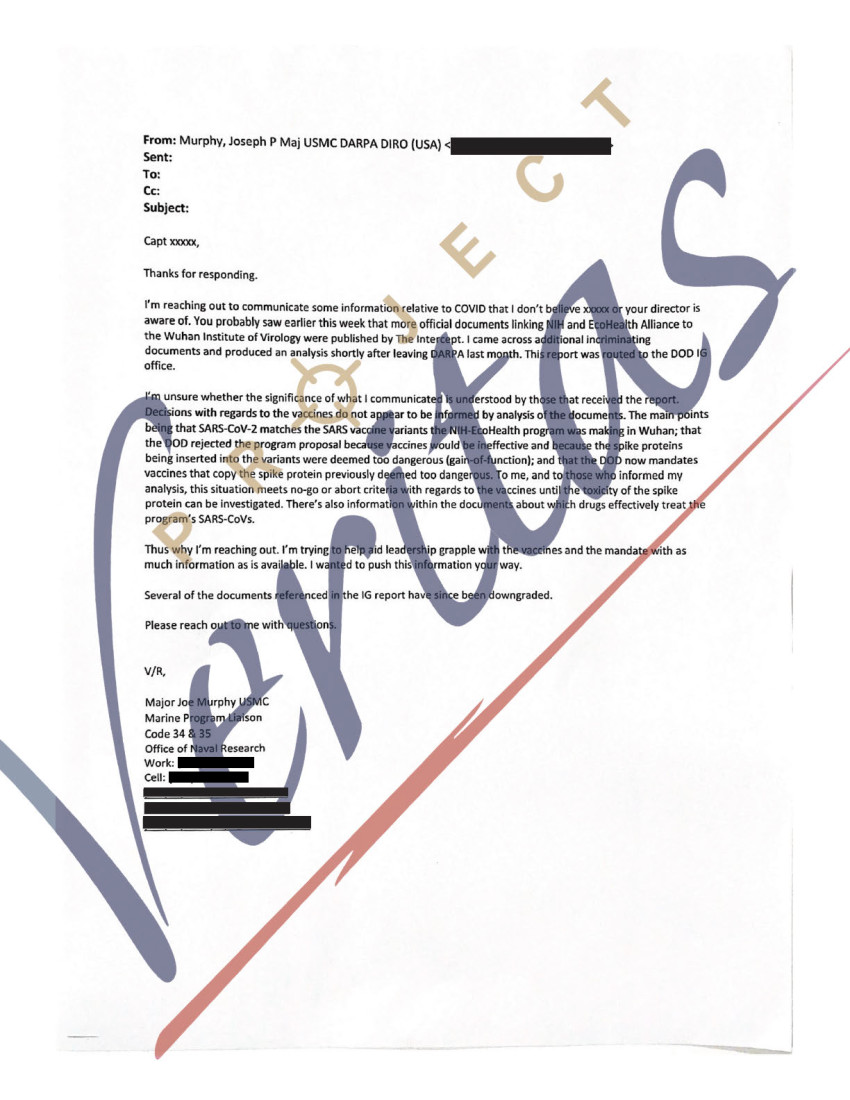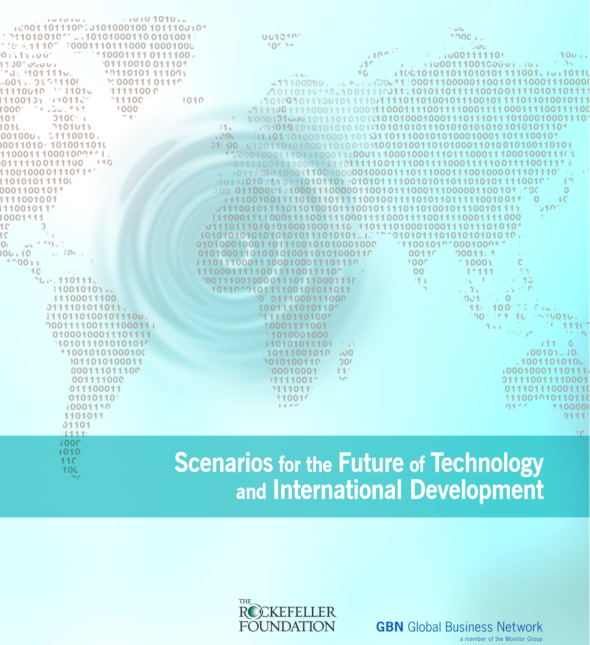17 THE DOMINION OF PROVIDENCE OVER THE PASSIONS OF MEN
John Witherspoon
- PRINCETON
1776
John Witherspoon (1723–1794). Born in Scotland and educated at Edinburgh, Witherspoon came to America in 1768 to be president of the College of New Jersey (Princeton), a position he held until 1792, when blindness forced his retirement. He had led the Popular Party among Scottish Presbyterians before his emigration, and he was prominent among ecclesiastical leaders in America. In the pre-Revolutionary years, the college at Princeton prospered under Witherspoon; with the Scotch-Irish influx into America, the Presbyterian church enjoyed great popularity and prosperity in the country, especially in the middle Atlantic colonies and on the frontier, where by 1776 there were many ministers who had been Witherspoon’s students. He closed the schism among the Presbyterians, and he made alliance with Ezra Stiles (president of Yale) to forge strong ties with the Congregationalists of New England as the Revolution bore down on the country. With Stiles he shared a distaste for the New Divinity and revivalism generally. He introduced into American thought the Scottish Common Sense philosophy of Thomas Reid and Dugald Stewart, which dominated the young nation’s thought for a century.
Because Witherspoon had been captured and imprisoned in Scotland during the Highlander uprising in 1745–46, his critics called him a Jacobite. Witherspoon eschewed politics in America until 1774, but after that he steadily participated, directly and indirectly, in the leading events of the day. In 1776 he was elected to the Continental Congress in time to urge adoption of the Declaration of Independence and to be the only clergyman to sign it. To the assertion that America was not ripe for independence he retorted: “In my judgment, sir, we are not only ripe, but rotting.”
Witherspoon served intermittently in Congress until 1782 and was a member of over a hundred legislative committees, including two vital standing committees, the Board of War and the Committee on Foreign Affairs. In the latter role, he took a leading part in drawing up the instructions for the American peace commissioners who concluded the Treaty of Paris, which ended the war in September 1783. He later served in the New Jersey legislature and was a member of that state’s ratifying convention for the Constitution in 1787.
Witherspoon has been called the most influential professor in American history, not only because of his powerful writing and speaking style—and he was carefully attended to on all subjects, both here and abroad—but also because of his long tenure at Princeton. His teaching and the reforms he made there radiated his influence across the country. He trained not only a substantial segment of the leadership among Presbyterians but a number of political leaders as well. Nine of the fifty-five participants in the Federal Convention in 1787 were Princeton graduates, chief among them James Madison (who, among other things, spent an extra year studying Hebrew and philosophy with Witherspoon after his graduation in 1771). Moreover, his pupils included a president and a vice-president of the United States, twenty-one senators, twenty-nine representatives, fifty-six state legislators, and thirty-three judges, three of whom were appointed to the Supreme Court. During the Revolution, his pupils were everywhere in positions of command in the American forces.
Witherspoon’s The Dominion of Providence Over the Passions of Men caused a great stir when it was first preached in Princeton and published in Philadelphia in 1776, about a month before he was elected to the Continental Congress on June 22. He reminds his auditors that the sermon is his first address on political matters from the pulpit: ministers of the Gospel have more important business to attend to than secular crises, but, of course, liberty is more than a merely secular matter.
Surely the Wrath of Man shall praise thee; the remainder of Wrath shalt thou restrain.
Psalm LXXVI. 10.
There is not a greater evidence either of the reality or the power of religion, than a firm belief of God’s universal presence, and a constant attention to the influence and operation of his providence. It is by this means that the Christian may be said, in the emphatical scripture language, “to walk with God, and to endure as seeing him who is invisible.”
The doctrine of divine providence is very full and complete in the sacred oracles. It extends not only to things which we may think of great moment, and therefore worthy of notice, but to things the most indifferent and inconsiderable; “Are not two sparrows sold for a farthing,” says our Lord, “and one of them falleth not to the ground without your heavenly Father”; nay, “the very hairs of your head are all numbered.[”] It extends not only to things beneficial and salutary, or to the direction and assistance of those who are the servants of the living God; but to things seemingly most hurtful and destructive, and to persons the most refractory and disobedient. He overrules all his creatures, and all their actions. Thus we are told, that “fire, hail, snow, vapour, and stormy wind, fulfil his word,” in the course of nature; and even so the most impetuous and disorderly passions of men, that are under no restraint from themselves, are yet perfectly subject to the dominion of Jehovah. They carry his commission, they obey his orders, they are limited and restrained by his authority, and they conspire with every thing else in promoting his glory. There is the greater need to take notice of this, that men are not generally sufficiently aware of the distinction between the law of God and his purpose; they are apt to suppose, that as the temper of the sinner is contrary to the one, so the outrages of the sinner are able to defeat the other; than which nothing can be more false. The truth is plainly asserted, and nobly expressed by the psalmist in the text, “Surely the wrath of man shall praise thee; the remainder of wrath shalt thou restrain.”
This psalm was evidently composed as a song of praise for some signal victory obtained, which was at the same time a remarkable deliverance from threatening danger. The author was one or other of the later prophets, and the occasion probably the unsuccessful assault of Jerusalem, by the army of Sennacherib king of Assyria, in the days of Hezekiah. Great was the insolence and boasting of his generals and servants against the city of the living God, as may be seen in the thirty-sixth chapter of Isaiah. Yet it pleased God to destroy their enemies, and, by his own immediate interposition, to grant them deliverance. Therefore the Psalmist says in the fifth and sixth verses of this psalm, “The stout-hearted are spoiled, they have slept their sleep. None of the men of might have found their hands. At thy rebuke, O God of Jacob! both the chariot and the horse are cast into a deep sleep.” After a few more remarks to the same purpose, he draws the inference, or makes the reflection in the text, “Surely the wrath of man shall praise thee; the remainder of wrath shalt thou restrain[”]: which may be paraphrased thus, The fury and injustice of oppressors shall bring in a tribute of praise to thee; the influence of thy righteous providence shall be clearly discerned; the countenance and support thou wilt give to thine own people shall be gloriously illustrated; thou shalt set the bounds which the boldest cannot pass.
I am sensible, my brethren, that the time and occasion of this psalm, may seem to be in one respect ill suited to the interesting circumstances of this country at present. It was composed after the victory was obtained; whereas we are now but putting on the harness and entering upon an important contest, the length of which it is impossible to foresee, and the issue of which it will perhaps be thought presumption to foretell. But as the truth, with respect to God’s moral government, is the same and unchangeable; as the issue, in the case of Sennacherib’s invasion, did but lead the prophet to acknowledge it; our duty and interest conspire in calling upon us to improve it. And I have chosen to insist upon it on this day of solemn humiliation, as it will probably help us to a clear and explicit view of what should be the chief subject of our prayers and endeavors, as well as the great object of our hope and trust, in our present situation.
The truth, then, asserted in this text, which I propose to illustrate and improve, is, That all the disorderly passions of men, whether exposing the innocent to private injury, or whether they are the arrows of divine judgment in public calamity, shall, in the end, be to the praise of God: Or, to apply it more particularly to the present state of the American colonies, and the plague of war, The ambition of mistaken princes, the cunning and cruelty of oppressive and corrupt ministers, and even the inhumanity of brutal soldiers, however dreadful, shall finally promote the glory of God, and in the mean time, while the storm continues, his mercy and kindness shall appear in prescribing bounds to their rage and fury.
In discoursing on this subject, it is my intention, through the assistance of divine grace,
- I. To point out to you in some particulars, how the wrath of man praises God.
- II. To apply these principles to our present situation, by inferences of truth for your instruction and comfort, and by suitable exhortations to duty in the important crisis.






















































